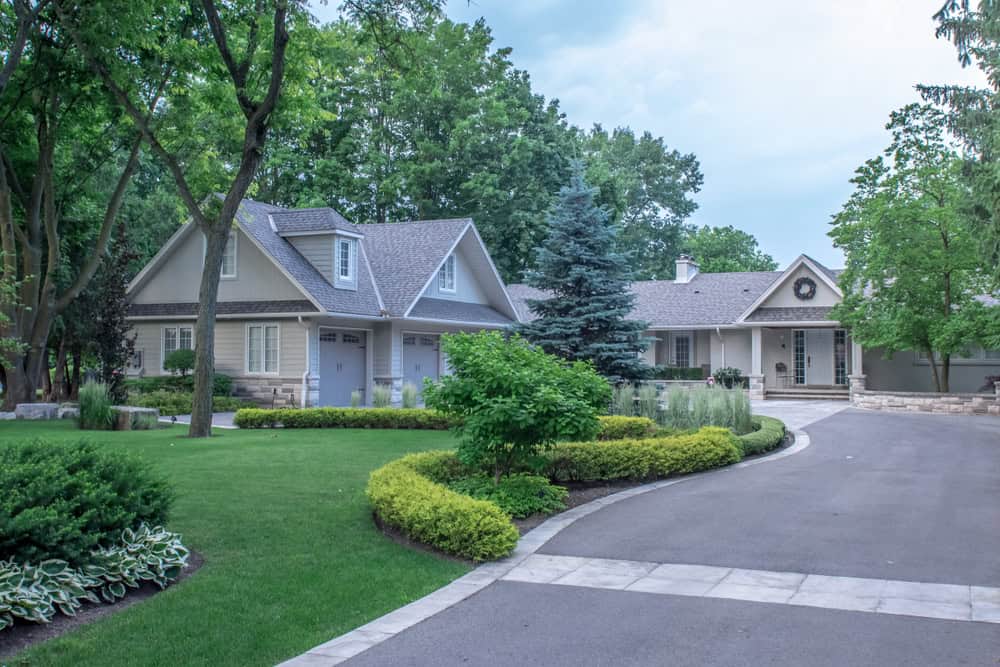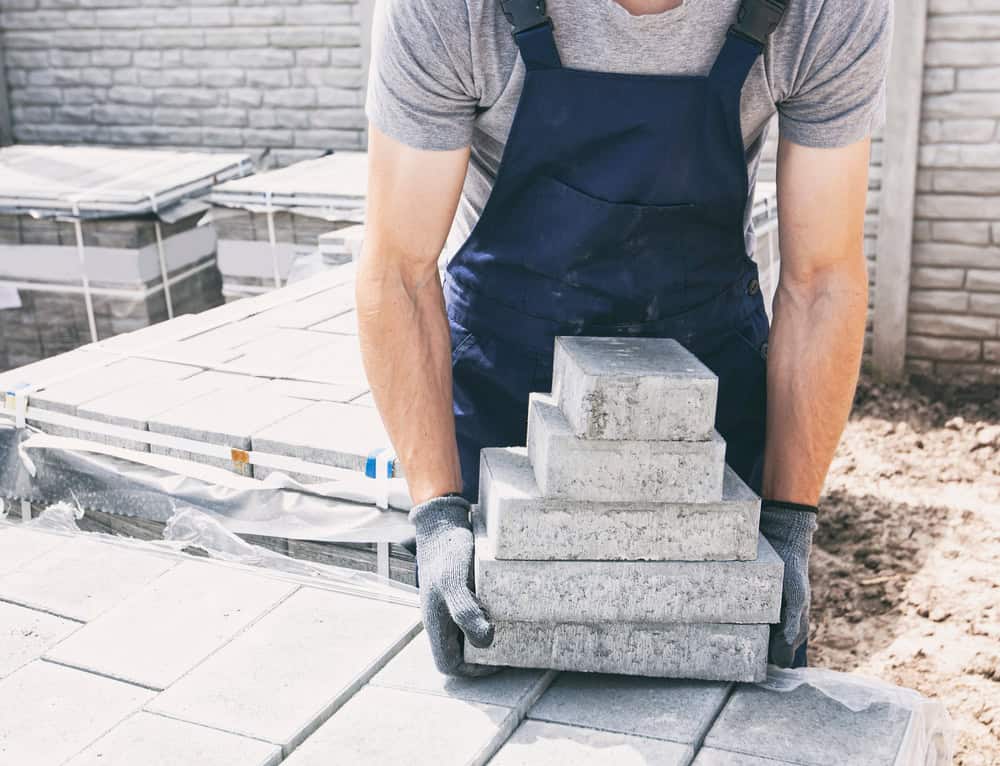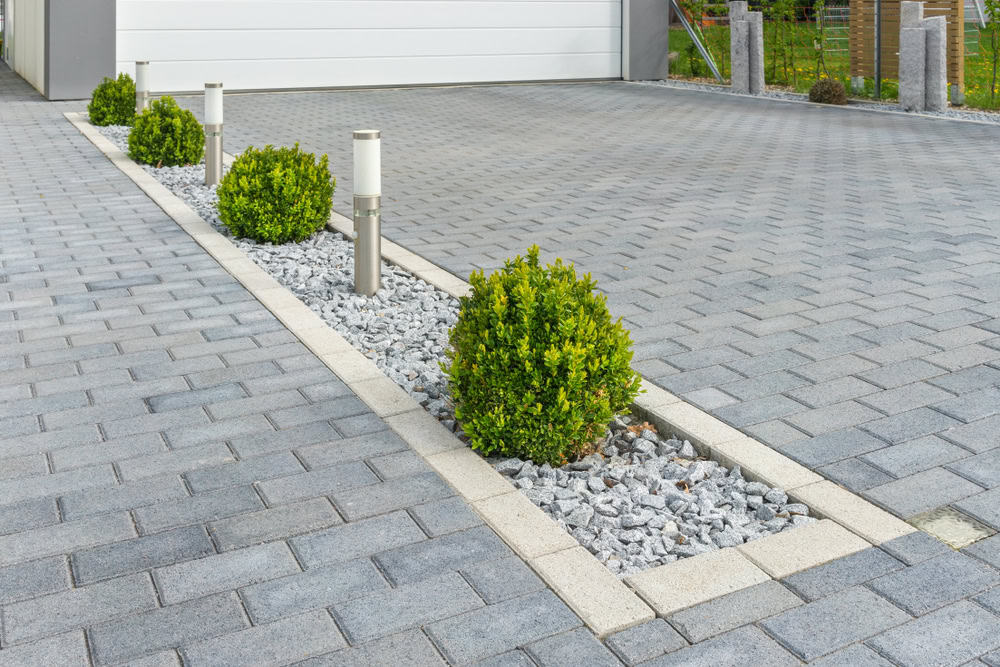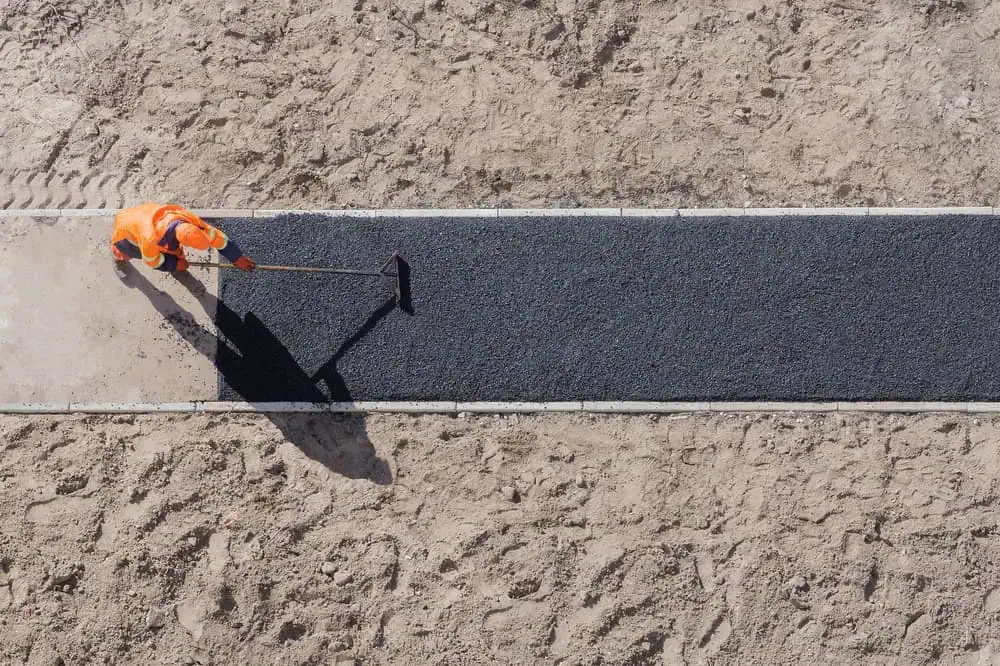Durable paver installation that handles Boston winters and adds lasting value to your property.


Your outdoor space becomes functional year-round. No more avoiding that cracked concrete patio or dealing with puddles after every storm.
Quality pavers handle everything Boston weather throws at them. Freeze-thaw cycles that destroy concrete barely affect properly installed pavers. When one does get damaged, you replace that single paver instead of tearing up an entire section.
You get options that actually matter. Different colors, textures, and patterns that work with your home’s style. Plus the satisfaction of knowing your property value just went up and your maintenance headaches just went down.
We’ve been handling paver installations throughout South Boston for years. We understand how coastal weather affects outdoor surfaces and what it takes to build something that lasts.
We’re not the cheapest option, and that’s intentional. You’re investing in proper base preparation, quality materials, and installation techniques that prevent the problems you see with rushed jobs around the neighborhood.
Local projects, local knowledge, proper licensing. That’s how we’ve built our reputation in this community.

First, we excavate to the proper depth and grade for drainage. This isn’t negotiable in New England – water has to go somewhere, and it can’t be under your pavers.
Next comes the base layer. Crushed stone, properly compacted, creates the foundation that prevents settling and shifting. We use the right materials and take the time to do this step correctly.
Then we install the pavers with proper edge restraints and joint sand. The final step involves compacting everything together and applying polymeric sand that locks the installation in place. You get a surface that looks great and performs for decades.

Ready to get started?
Every paver installation includes proper excavation, base preparation, and drainage planning. We handle permits when needed and work around your schedule as much as possible.
You choose from concrete pavers, natural stone, or brick depending on your style and budget. We’ll explain the differences honestly – what works best for driveways versus patios, what holds up better to salt, what gives you the look you want.
Material delivery, cleanup, and a walkthrough of maintenance requirements are all part of the job. You shouldn’t have to wonder how to care for your investment or deal with a mess in your yard.
